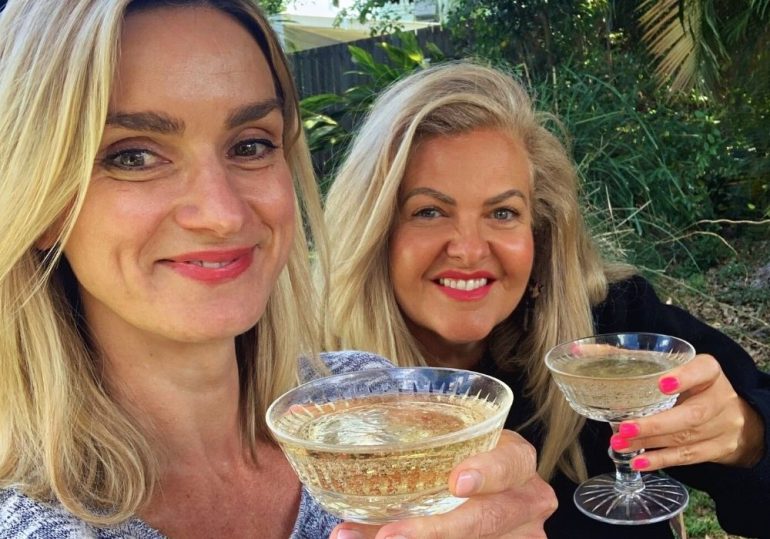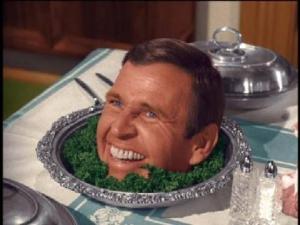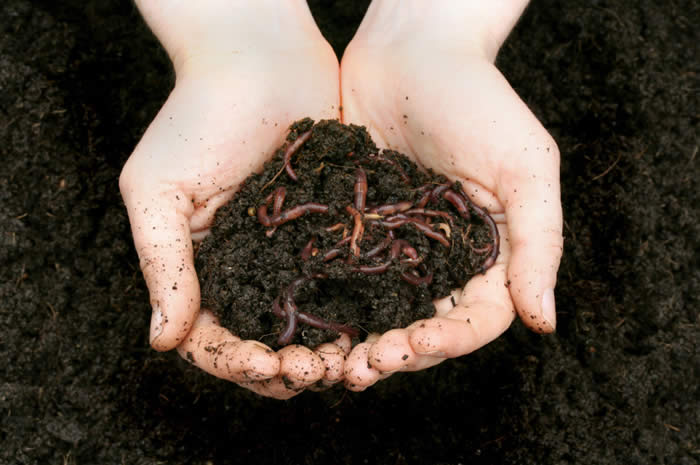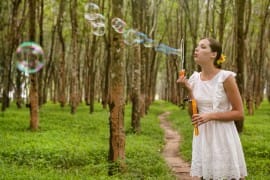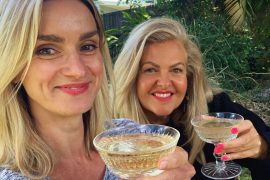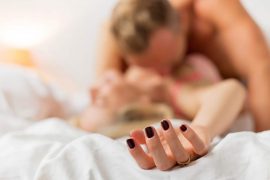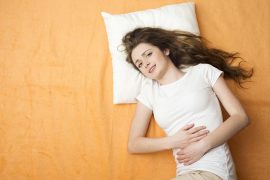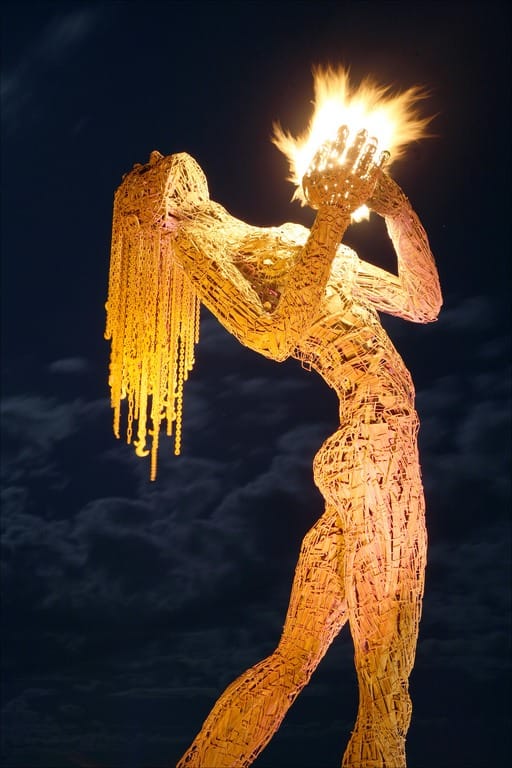by Irene Falcone
I can’t pinpoint exactly when it happened, but sometime after my 40th birthday I started to notice that alcohol was affecting me differently. It felt like such a betrayal – after decades of enjoying consequence free drinking I came to the conclusion that booze might have it in for me.
When I talked to friends, I realised that I wasn’t alone – I wasn’t imagining it, alcohol and perimenopause rub each other up the wrong way.

Hangxiety
Hangxiety (the awful feeling of dread that can hit you the morning after a night of drinking) is real. When I looked at the science behind hangxiety I started to realise why I had been feeling so bad.
This is how it works – Alcohol stimulates the production of gamma-aminobutyric acid (Gaba) – a chemical in our brains that helps us to relax. At the same time, alcohol stops our brains from producing Glutamate, the chemical responsible for anxiety.
But as the alcohol wears off, our brain starts trying to restore the chemical imbalance – it produces more Glutamate and blocks Gaba. The result is hangxiety.
The bad news for women in their 40s is that perimenopause can exacerbate anxiety – which makes hangxiety even worse.
Sleep
The Sleep Foundation recommends a solid 7 to 9 hours of sleep a night to feel refreshed and reenergised. So, it’s worth knowing how alcohol might be sabotaging your best chance at good nights shut eye
While it’s commonly believed that a drink at night can help us to sleep, the opposite is true. That night cap (or two) stops us from falling into that vital REM sleep which keeps us healthy. The result? We suffer physically and mentally. And the older we get, the more that lack of zzzz’s hurts.
For peri menopausal and menopausal women in particular alcohol can exacerbate sleep disturbances such as hot flushes, sweats and hormone induced anxiety. Lack of sleep can then impact on physical health, so it becomes a perpetual cycle.
Weight gain
As we age our metabolism starts to slow down and this is exacerbated further by peri menopause and menopause. Declining oestrogen makes it harder for our bodies to control blood sugar meaning that calories convert to fat. And, unfortunately, there are a lot of empty calories in alcohol.
A large gin and tonic can be up to 170 calories; a bottle of beer can be as many as 150 and a glass of white wine can be 130 calories. On top of this, you’re much more likely to reach for salty and unhealthy snacks when you’re drinking.
How to cut back on alcohol
Cutting down or drinking more mindfully doesn’t have to be a drag. Here are some tips that have worked for me and women I know.
- Set achievable goals – Start with a small realistic goal that you feel is achievable and build on this. Perhaps dedicate a couple of alcohol-free days a week for the first month and then increase this for the second. Further down the track consider a longer period of not drinking or partake in a bigger challenge such as Dry July. On non-drinking days, try alternatives such as non-alcoholic wine
- Swap it! – Throughout the night alternative swap out drinks for a non-alcoholic equivalent. Sipping on 1-2 alcohol free sparkling wine or champagne will not only quench your thirst but slow down the amount of alcohol you consume during the evening.
- Shake up the way you socialise – socialising and drinking often go in hand but changing how you catch up with friends and family can help you overcome this. Rather than going out to a pub or for dinner, meet up with friends for breakfast or a walk. For those summer nights, get a group of friends over for a BBQ and enjoy some non-alcoholic cocktails.

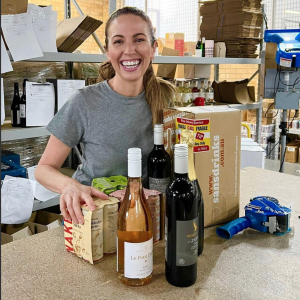 Irene Falcone is the founder of Sans Drinks, Australia’s number 1 non-alcoholic bottle shop.
Irene Falcone is the founder of Sans Drinks, Australia’s number 1 non-alcoholic bottle shop.
Insta: https://www.instagram.com/sansdrinksau
Facebook: https://www.facebook.com/sansdrinksau/
Irene Falcone is on a mission to change the way Australian’s drink. Founder of Sans Drinks, Australia’s first physical alc-free bottle shop, and online superstore. Irene is a multi-award-winning entrepreneur described by Channel 7 as “the biggest disrupter of the liquor industry since prohibition.”
With a unique understanding of the alcohol-free drinks market, including robust customer data insights into drinking trends and a detailed knowledge of over 500 products, Irene is passionate about making alcohol-free drinks fun, sexy and part of everyday mindful drinking.
In 2012 Irene founded Nourished Life, one of the fastest growing companies in Australia and the #1 online e-commerce store for Natural Beauty & Healthy Living. Nourished Life is now part of the ASX listed BWX Ltd Group.



